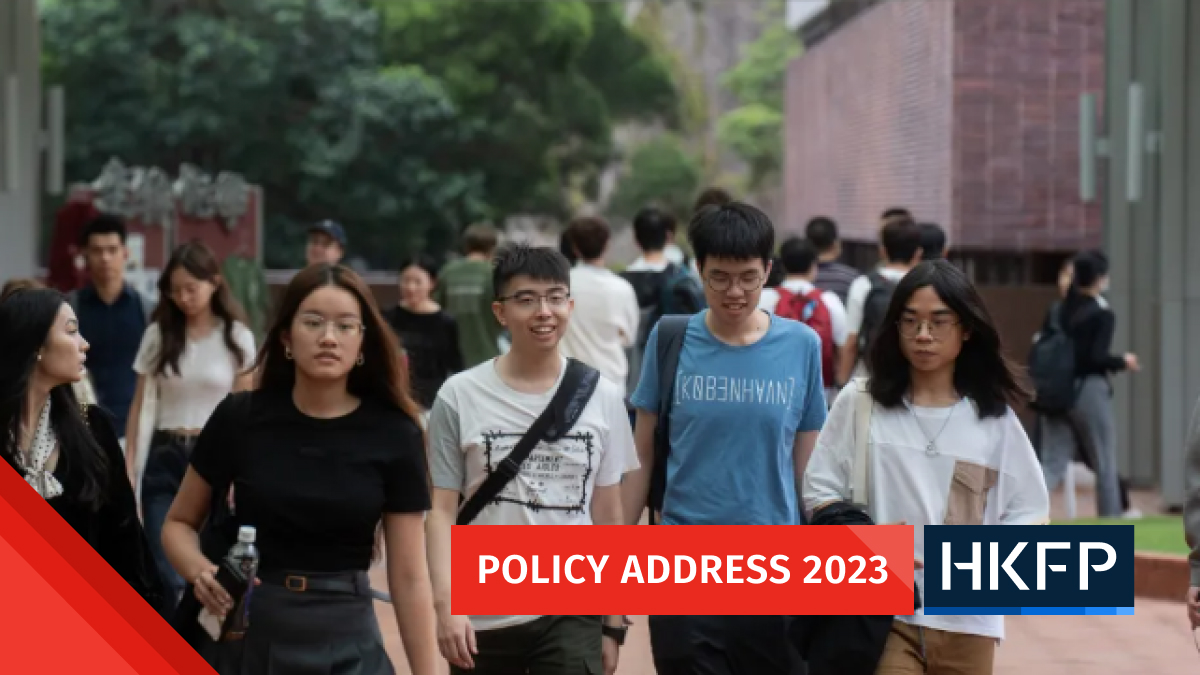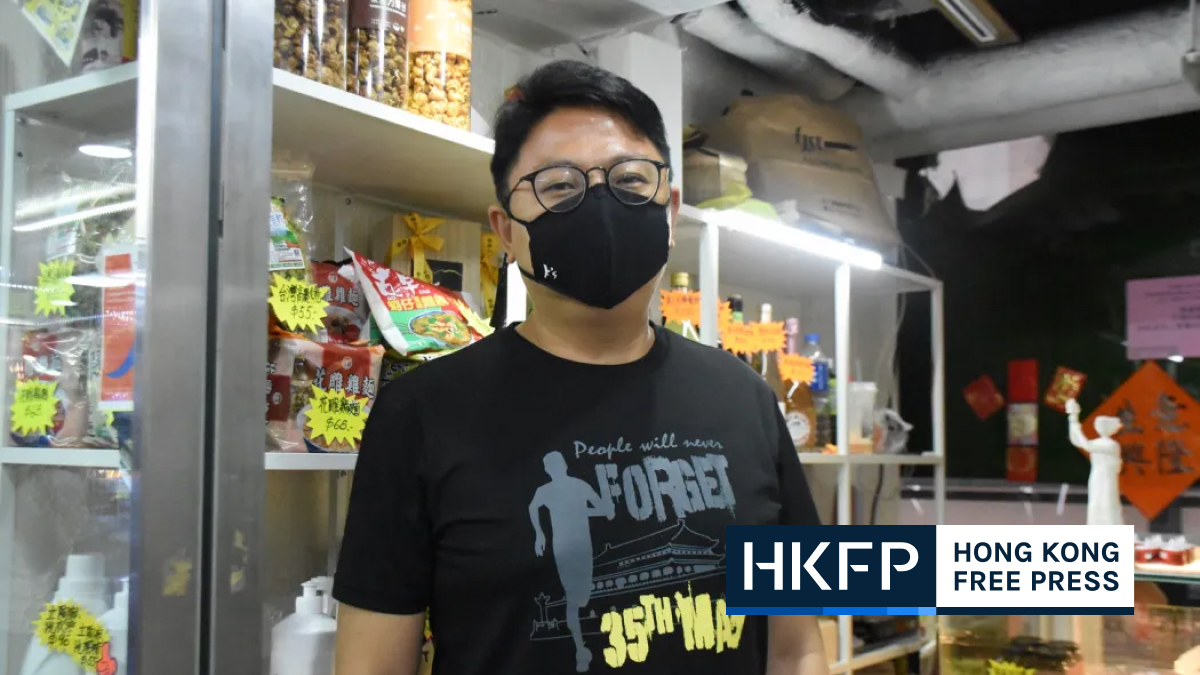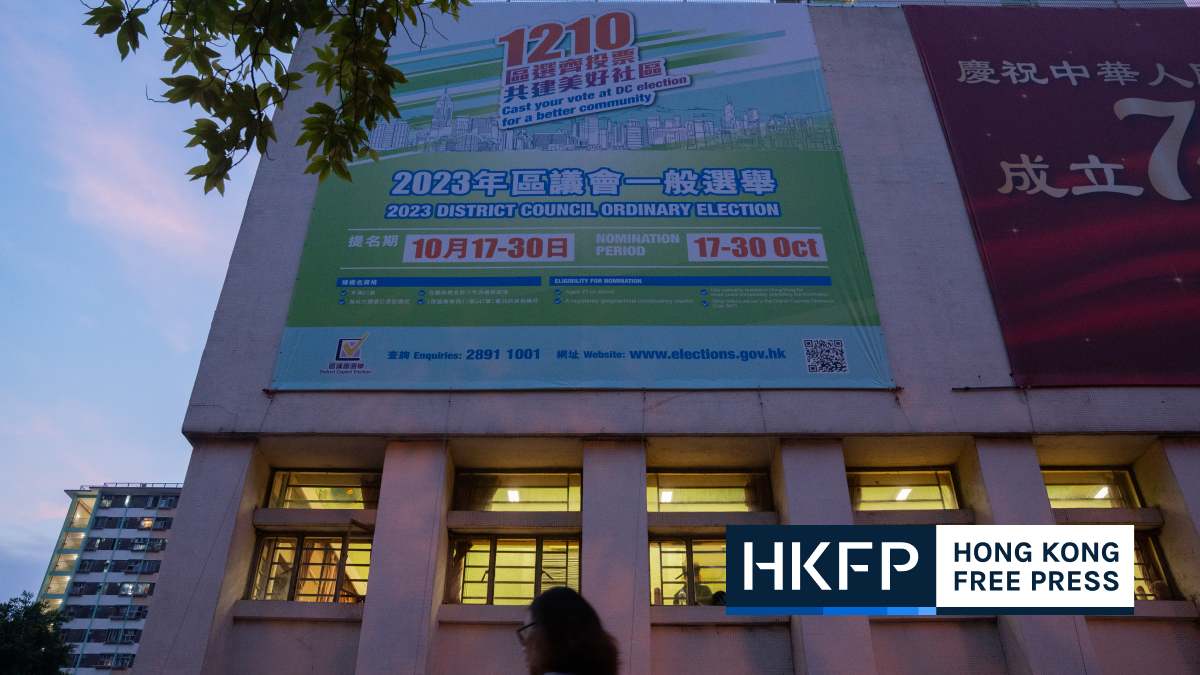Hong Kong has lost its crown to Singapore in a global ranking of economic freedom released by a Canadian think tank on Tuesday. It said Beijing’s growing interference and eroding confidence in the city’s rule of law were reasons behind the decline, prompting the local government to slam the claims as “totally groundless.”
The Fraser Institute, a public policy think tank headquartered in Vancouver, said on Tuesday that Beijing’s crackdown on civil and political dissent in Hong Kong had taken a toll on the city’s economic freedom.

“This is the first year Hong Kong has not ranked number one on the index since its inception, and the expectation is that its score will only fall further as the Chinese Communist Party (CCP) continues to suppress freedom of all sorts,” said Fred McMahon, a resident fellow and holder of a research chair in economic freedom at the Fraser Institute.
But, in a Tuesday press release, the Hong Kong government dismissed the claims by the think tank as “factually wrong” and “totally groundless,” saying that it had been “fully, faithfully, and resolutely implementing the principles of ‘one country, two systems’, ‘Hong Kong people administering Hong Kong’ and a high degree of autonomy” based on the Basic Law, the city’s mini-constitution, and that “Hong Kong has entered a new stage of advancing from stability to prosperity.”
Hong Kong falls to second for the first time
The Fraser Institute published its latest annual Economic Freedom of the World report on Tuesday, which saw Hong Kong slip from its top position to second – the first time since the institute’s research began in 1996.
Singapore rose from second in the 2022 edition to top, out of 165 jurisdictions included in the report, edging out Hong Kong by a margin of 0.01 points.

The report examined regulations, freedom for international trade, the size of government, legal system and property rights, and sound monetary policies to measure people’s freedom to make their own economic decisions. The 2023 report is based on data from 2021, the last year with available statistics across jurisdictions.
Hong Kong saw a 0.25-point decline in regulation components, and a 0.20-point decline in legal system and property rights components, gaining an overall score of 8.55 out of 10 – a 0.40 drop from 2019 – as Singapore scored 8.56 to take the top spot.
The institute highlighted new barriers to entry, limits on the employment of foreign labour, and increases in the cost of doing business as reasons for the decline in regulation scores. Meanwhile, “increased military interference'” in the rule of law, and eroding confidence in the court and the judicial system were factors accounting for the lower scores in the legal sector.
“Hong Kong’s recent turn is an example of how economic freedom is intimately connected with civil and political freedom,” said Matthew Mitchell, senior fellow at the Fraser Institute. “The Chinese government’s aim was to crack down on political and civil dissent. These repressions… inevitably led to diminished economic freedom,” he added.
But the institute did not provide specific evidence of “military interference in the rule of law” in Hong Kong. McMahon, the resident fellow at Fraser, told HKFP that the institute had relied on the PRS Group, a geopolitical risk rating firm, for measuring the military’s involvement in politics.
“All our data are from third party sources so our judgments do not determine the scoring,” McMahon told HKFP by email. “I would only note their judgment seems consistent with publicly available information: the intimidating and greatly increased presence of the [People’s Liberation Army], directly under the control of the CCP, on the territory of Hong Kong.”
Government disputed claims
On Tuesday, a government spokesperson disputed the institute’s claims about new barriers to entry and limits on foreign labour employment as “unfound.”
“There is no change to the labour policy in [Hong Kong],” the spokesperson said.
The spokesperson also defended Hong Kong’s legal system and judicial independence and said that fundamental rights and freedom – including equality before the law – are guaranteed in the Chinese Constitution and the Basic Law.
“Under Article 14 of the Basic Law, military forces stationed by the Central People’s Government in the [Hong Kong] for defence shall not interfere in the local affairs,” the spokesperson said, adding that the Garrison Law also forbids any military interference in the city’s affairs.
The spokesperson added that the 2023 report had made “biased” comments about the implementation of the national security law, and the city had upheld national security as a top priority under the One Country, Two Systems framework.
The 2023 report mentioned the security law as part of Beijing’s economic and political crackdown in Hong Kong.

In June 2020, Beijing inserted national security legislation directly into Hong Kong’s mini-constitution – bypassing the local legislature – following a year of pro-democracy protests and unrest. It criminalised subversion, secession, collusion with foreign forces and terrorist acts, which were broadly defined to include disruption to transport and other infrastructure. The move gave police sweeping new powers, alarming democrats, civil society groups and trade partners, as such laws have been used broadly to silence and punish dissidents in China. However, the authorities say it has restored stability and peace to the city.
In 2021, Hong Kong was axed by Washington-based public policy group Heritage Foundation from its economic freedom index after topping the chart for 25 consecutive years, as the group said Hong Kong’s economic policies “ultimately controlled [by] Beijing.”
Switzerland ranked third in the 2023 report, with the US in the fifth place. Taiwan ranked 11th, Japan 20th, and China 111th.
Support HKFP | Policies & Ethics | Error/typo? | Contact Us | Newsletter | Transparency & Annual Report | Apps
Help safeguard press freedom & keep HKFP free for all readers by supporting our team

LATEST FROM HKFP
HKFP has an impartial stance, transparent funding, and balanced coverage guided by an Ethics Code and Corrections Policy.
Support press freedom & help us surpass 1,000 monthly Patrons: 100% independent, governed by an ethics code & not-for-profit.







